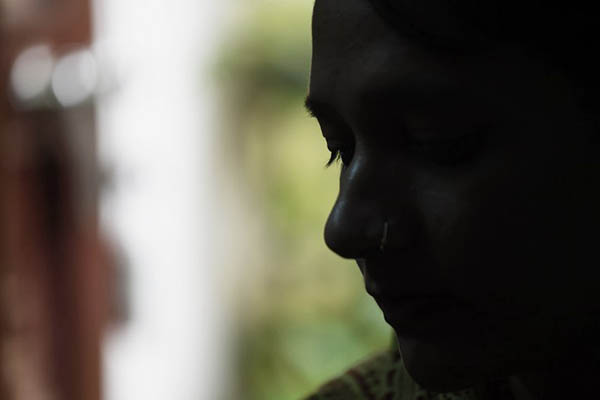
File photo. Money Sharma—AFP
Citing surveys of 75 countries from 2010-2014, report claims majority of global population holds some prejudice against women
Nearly 90 percent of the world’s population, regardless of gender, holds at least one bias against women, according to a U.N. study published on Thursday ahead of International Women’s Day on March 8.
The United Nations Development Program ranked 75 countries representing 80 percent of the world’s population and found that nine in 10 people, including women, held some degree of prejudice against women. The results are based on two rounds of a World Values Survey conducted between 2005 and 2014.
According to the report, the most common prejudiced views are that men are better politicians and business leaders than women; that going to university is more important for men than women; that men should get preferential treatment in competitive job markets. The percentage of those holding at least one sexist bias was largest in Pakistan—where 99.81 percent of the population held such prejudices—followed by Qatar and Nigeria, both at 99.73 percent. Neighboring India has 98.28 percent of the population holding at least one bias against women.
Countries with the lowest population of those with sexist beliefs were Andorra, at 27.01 percent, Sweden with 30.01 percent and the Netherlands with 39.75 percent. France, Britain and the United States each came in with similar scores, 56 percent, 54.6 percent and 57.31 percent of people, respectively, hold at least one sexist belief.
The numbers show “new clues to the invisible barriers women face in achieving equality” despite “decades of progress,” the U.N. Development Program said in a statement accompanying the report. “The work that has been so effective in ensuring an end to gaps in health or education must now evolve to address something far more challenging: a deeply ingrained bias—among both men and women—against genuine equality,” UNDP administrator Achim Steiner said.
The report noted that information on how bias is changing in around 30 countries shows that while in some countries there have been improvements, in others attitudes appear to have worsened in recent years. This suggests, says the report, that progress cannot be taken for granted.
The agency has called on governments and institutions to change discriminatory beliefs and practices through education. Beyond inequalities in education, health and the economy, the statement also called out one of the report’s most chilling findings: 28 percent of people globally believe it is okay for a man to beat his wife.
